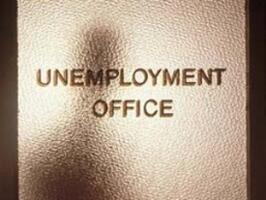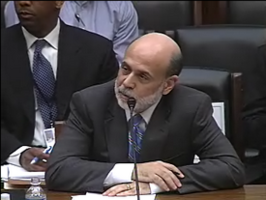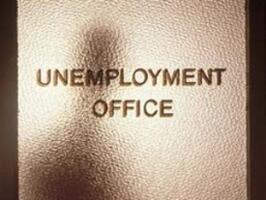32% Say Government Should Do Nothing for the Long-Term Unemployed
Americans continue to have mixed feelings about how the government should respond to the long-term unemployed. A new Rasmussen Reports national telephone survey of American Adults finds that 32% feel the government should do nothing at all, while 25% think it should pay for their retraining. Ten percent (10%) say the government should extend unemployment benefits indefinitely, and 21% think the government should hire those long out of work, down from June's high-to-date of 24%.







